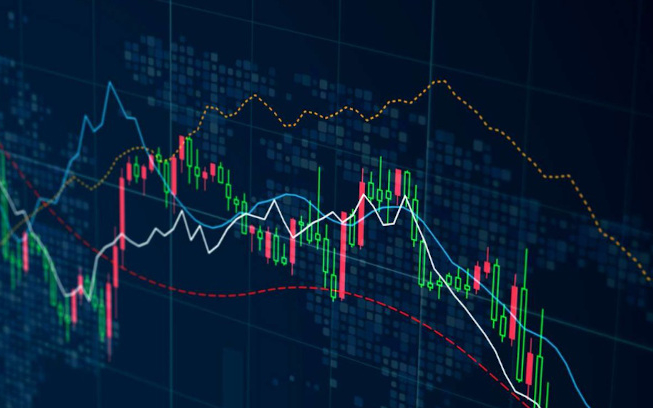For many forex traders, economic indicators are essential tools for understanding the inner workings of global economies and their currency markets. These indicators include data releases such as inflation rates, gross domestic product (GDP), retail sales, and employment figures. Economic data can be extremely useful for helping traders to identify trends and make informed trading decisions. In this post, we’ll explore the impact of economic indicators on forex markets.
Gross Domestic Product (GDP)
GDP is an economic indicator that measures the value of all goods and services produced by a country’s economy over a specific period. This data is released quarterly in most countries. A strong GDP indicates that a country is experiencing robust economic growth and can fuel demand for its currency. Conversely, a weak GDP indicates an economic slowdown, which can lead to a decline in demand for the currency.
Inflation
Inflation is another key economic indicator that measures the rate at which the overall price level of goods and services is increasing over time. Central banks closely monitor inflation rates and adjust monetary policy to maintain price stability and promote economic growth. When inflation is high, central banks may raise interest rates to reduce the amount of money in circulation, which can increase the value of the currency.
Employment Figures
Employment data, such as the non-farm payroll report in the US, can provide insights into the strength of a country’s economy. When employment data shows a higher than expected number of jobs created, it suggests a healthy economy and can lead to increased demand for the currency. Conversely, a lower than expected number of jobs created can indicate economic weakness, which can lead to a decline in demand for the currency.
Retail Sales
Retail sales data is also an important indicator for forex traders as it shows the level of consumer spending in a country. When retail sales are strong, it suggests that consumers have more disposable income and can drive economic growth, leading to increased demand for the currency. Conversely, weak retail sales can indicate economic weakness, leading to a decline in demand for the currency.
Conclusion
Overall, economic indicators have a significant impact on forex markets, driving currency values up or down based on the strength or weakness of the underlying economy. Successful forex traders pay close attention to economic indicators and use the data to make informed trading decisions. By staying up-to-date with the latest economic data and understanding its impact on forex markets, traders can better position themselves to take advantage of market opportunities and manage their risk.



Can you be more specific about the content of your article? After reading it, I still have some doubts. Hope you can help me.
Your article helped me a lot, is there any more related content? Thanks! https://accounts.binance.com/kz/register?ref=RQUR4BEO
I don’t think the title of your article matches the content lol. Just kidding, mainly because I had some doubts after reading the article.